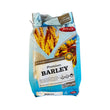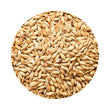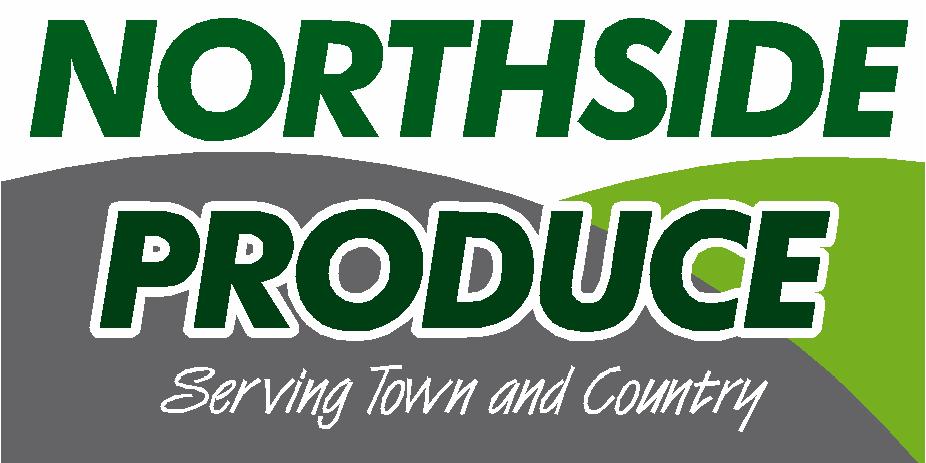

BARLEY WHOLE 20KG (M7)
Regular price $23.90
Unit price per
Whole Barley - 20kg
Whole Barley is a versatile grain that can be included in the diets of various classes of animals as an energy source. Its protein content remains relatively stable compared to other grains, making it a reliable component in animal feed. However, the higher fibre level and lower energy content of barley limit its use in the diets of certain animals and at specific growth stages.
Features and Benefits:
- Diverse Use: Whole Barley can be utilised as the sole grain for all classes of pigs, cattle, horses, sheep, and goats. This makes it a flexible choice for mixed farming operations.
- Consistent Protein Content: The protein content in barley does not vary as widely as it does in other grains, providing a dependable nutritional profile for your animals.
- Ideal for Horses: High Fibre, Low Energy. Whole barley is very high in fiber but relatively low in energy, making it the perfect grain for a horse that needs to put on weight or when they are out of work. This balance helps ensure that horses maintain a healthy digestive system while receiving necessary nutrients.
- Natural Goodness: Minimal Processing. The best way to receive the vital nutrients and energy needed is through a natural product. Minimal processing ensures these ingredients keep their natural goodness, providing a wholesome and natural diet for your animals.
Considerations for Poultry:
- Meat Chickens: The inclusion of barley in diets for meat chickens can significantly depress feed consumption and growth rates. This makes it less ideal for broilers compared to other grains.
- Laying Hens: Older birds, such as laying hens, can metabolize barley more effectively than younger birds. However, incorporating barley as the primary grain source in layer diets may reduce egg production, increase feed consumption, worsen the feed conversion ratio, and lower yolk colour scores.
Enhancing Barley Digestibility:
- Enzyme Supplementation: Including specific enzymes in poultry diets can mitigate the negative impacts of barley on production. These enzymes improve the digestibility of the carbohydrates in barley, enhancing its nutritional value.
Additional Information:
- Balanced Diet: Whole barley can be fed to most animals in conjunction with a balanced diet. Its inclusion supports a diverse range of nutritional needs across different species.
- Sheep and Cattle: For ruminants like sheep and cattle, adding a buffer to their diets can help reduce the risk of acidosis, ensuring better health and productivity.
Whole Barley is an excellent grain choice for mixed-species farms, offering consistent protein content and flexibility in diet formulation. However, careful consideration of its energy content and fibre levels is crucial for optimising animal growth and production. Its natural goodness and minimal processing make it a healthy and reliable feed option for your animals.
Whole Barley is a versatile grain that can be included in the diets of various classes of animals as an energy source. Its protein content remains relatively stable compared to other grains, making it a reliable component in animal feed. However, the higher fibre level and lower energy content of barley limit its use in the diets of certain animals and at specific growth stages.
Features and Benefits:
- Diverse Use: Whole Barley can be utilised as the sole grain for all classes of pigs, cattle, horses, sheep, and goats. This makes it a flexible choice for mixed farming operations.
- Consistent Protein Content: The protein content in barley does not vary as widely as it does in other grains, providing a dependable nutritional profile for your animals.
- Ideal for Horses: High Fibre, Low Energy. Whole barley is very high in fiber but relatively low in energy, making it the perfect grain for a horse that needs to put on weight or when they are out of work. This balance helps ensure that horses maintain a healthy digestive system while receiving necessary nutrients.
- Natural Goodness: Minimal Processing. The best way to receive the vital nutrients and energy needed is through a natural product. Minimal processing ensures these ingredients keep their natural goodness, providing a wholesome and natural diet for your animals.
Considerations for Poultry:
- Meat Chickens: The inclusion of barley in diets for meat chickens can significantly depress feed consumption and growth rates. This makes it less ideal for broilers compared to other grains.
- Laying Hens: Older birds, such as laying hens, can metabolize barley more effectively than younger birds. However, incorporating barley as the primary grain source in layer diets may reduce egg production, increase feed consumption, worsen the feed conversion ratio, and lower yolk colour scores.
Enhancing Barley Digestibility:
- Enzyme Supplementation: Including specific enzymes in poultry diets can mitigate the negative impacts of barley on production. These enzymes improve the digestibility of the carbohydrates in barley, enhancing its nutritional value.
Additional Information:
- Balanced Diet: Whole barley can be fed to most animals in conjunction with a balanced diet. Its inclusion supports a diverse range of nutritional needs across different species.
- Sheep and Cattle: For ruminants like sheep and cattle, adding a buffer to their diets can help reduce the risk of acidosis, ensuring better health and productivity.
Whole Barley is an excellent grain choice for mixed-species farms, offering consistent protein content and flexibility in diet formulation. However, careful consideration of its energy content and fibre levels is crucial for optimising animal growth and production. Its natural goodness and minimal processing make it a healthy and reliable feed option for your animals.



